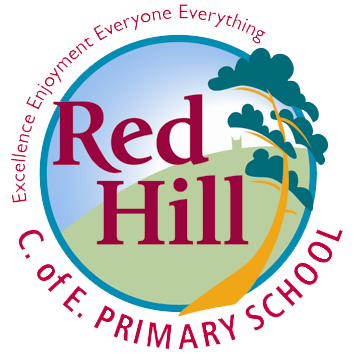Phonics and Early Reading-Bug Club
At Red Hill C of E Primary we have fidelity to the systematic synthetic reading and phonics scheme Bug Club.
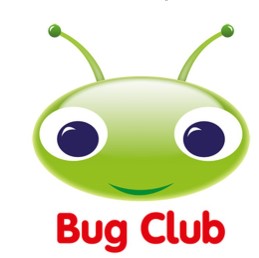
Bug Club is a programme approved by the DFE and is used for both phonics and early reading across the school.
Phonics
As soon as they start in Reception, children are exposed to daily phonics sessions using the Bug Club interactive resources, flashcards and sound mats.
Children follow the progression of the scheme following phases 2-6 (see below).
In addition, children are exposed to High Frequency Words (HFW) which are not phonetically decodable.
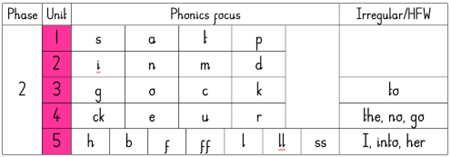
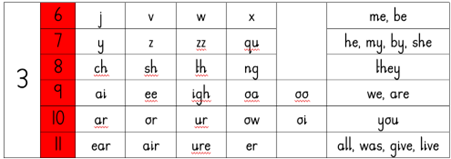
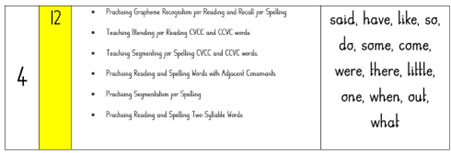
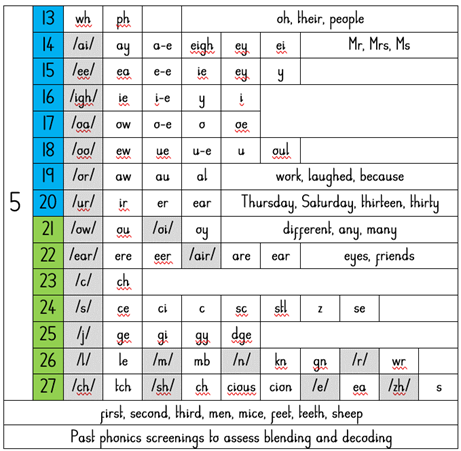
Bug Club Reading
Children at Red Hill are exposed to daily reading sessions. In Reception to Year 2, children will read Bug Club staged books. Children in Key Stage 2 who are working below expectations will also read Bug Club staged books until they are proficient enough to be a 'free reader'.
Bug Club is a finely-levelled reading scheme, which ensures that all children can find books at exactly the right level for them. Bug Club books are consistently pitched and matched to the child’s phonetic ability to support their fluency. Eg. If your child only knows the phonemes s a t p i n, the words within their book will only include those phonemes for blending eg. sat, pat, tin
Your child will be allocated books at their current reading level pitched to their phonic ability. We use assessments in school to ascertain which reading level is matched to your child’s ability and regularly assess them throughout the year to ensure the pitch is correct.
How to support your child at home
Reading At Home
We ask that you encourage your child to read for at least 10 minutes each day at home. Each child will have a reading record sent home with their reading books for you to record on a daily basis. Your child’s teacher and/or Teaching Assistant will also listen to them across the week and record it if this has taken place on a one to one basis.
Early readers will receive a staged Bug Club book each week to reread for fluency. They will also receive a 'book to share' from our reading corner/library to enjoy alongside an adult.
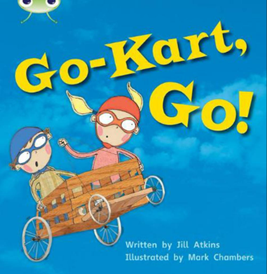
Bug Club book (with a bug in the corner)- A book to independently read.
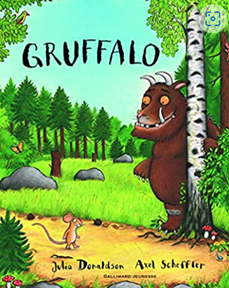
A book to share alongside an adult for pleasure.
Using the online reading world
Each child has a unique homepage and can log into it by following these steps:
1. Go to www.activelearnprimary.co.uk
2. Enter the login details. Please see your child’s teacher if you need another copy of your child’s log-in details or school code, our school code is: p9ww
3. Your child’s homepage will appear.
Reading a book online
Class teachers allocate books to your child according to their reading levels. These books will appear in the ‘My Stuff’ area of their personal home pages.
Throughout the books there are quiz questions for your child to complete. To answer a question, just click on the bug icon. Your child does not need to finish all the quiz questions in one sitting and can come back to a book later.
When your child has finished all the quiz questions in a book, they will earn ‘Active Learn Coins’. By reading more books, your child will earn enough coins to buy a reward in one of the many reward schemes. The answers to the quiz questions will be sent back to our teacher site so that we can see how your child is progressing. We will also be able to assign more books for your child to read if the virtual book bag is running low. Children will still have many opportunities to use and read physical books throughout the school day.
When your child has finished a book on Bug Club, it will move to ‘My Library’. Children can read these books again if they want to, or they can choose new books from ‘My Stuff’.
Getting involved
Inside every book there are notes to help you make the most of reading with your child.
Inside front cover: for younger children, these notes identify words/phonics with which children may need help and give ideas and strategies to help you to feel confident that you know how best to help.
Inside back cover: these notes suggest puzzles and challenges that help children to think about their reading. These include ‘Find it!’ activities that encourage children to revisit the text; ‘Share it!’ tasks that may involve making or writing something, and other ideas that offer suggestions for further reading.
The reader: Until they are fluent readers, younger children will benefit from reading aloud to you as often as possible. By the time they are in year 5 or 6, many children prefer to read silently to themselves. Create quiet opportunities for them to do so, but then talk to them about the book they are reading. Please do feel free to share a story alongside your child to promote a love of reading.
Sharing reading: When sharing a book with your child, try to take opportunities to talk about the book – before, during and after reading.
Before reading: Look at the book cover and talk about your child’s expectations. Is the book likely to be fiction or non-fiction? Have you read other books together about these characters or by this author? What does your child think the book is going to be about?
While reading: Support your child when unknown words need tackling: you can sound them out, split them into syllables, or identify suffixes and prefixes. Remind your child to listen to the words while reading them, to make sure that they make sense. Have a ‘meaning check’ every now and again to ensure that your child understands the text. You may want to model rereading a sentence with fluency and expression to promote this understanding for your child.
After reading: Talk about the book. What was it about? Did it match your child’s expectations? Ask questions beginning with the words how and why to check that your child has been able to read between the lines. Ask whether anything seemed puzzling. Then ask your child to explain what the best and worst bits of the book were, and why.
If you have any further queries about this reading scheme, please see your child’s teacher.
If you would like any further information about our English Curriculum at Red Hill, please do not hesitate to contact the school.
English subject lead – Mrs Loren Mackintosh & Mrs Sarah Price
Early Reading/Phonics leads - Mrs. Charlie Reason & Miss Chloe Guyatt
